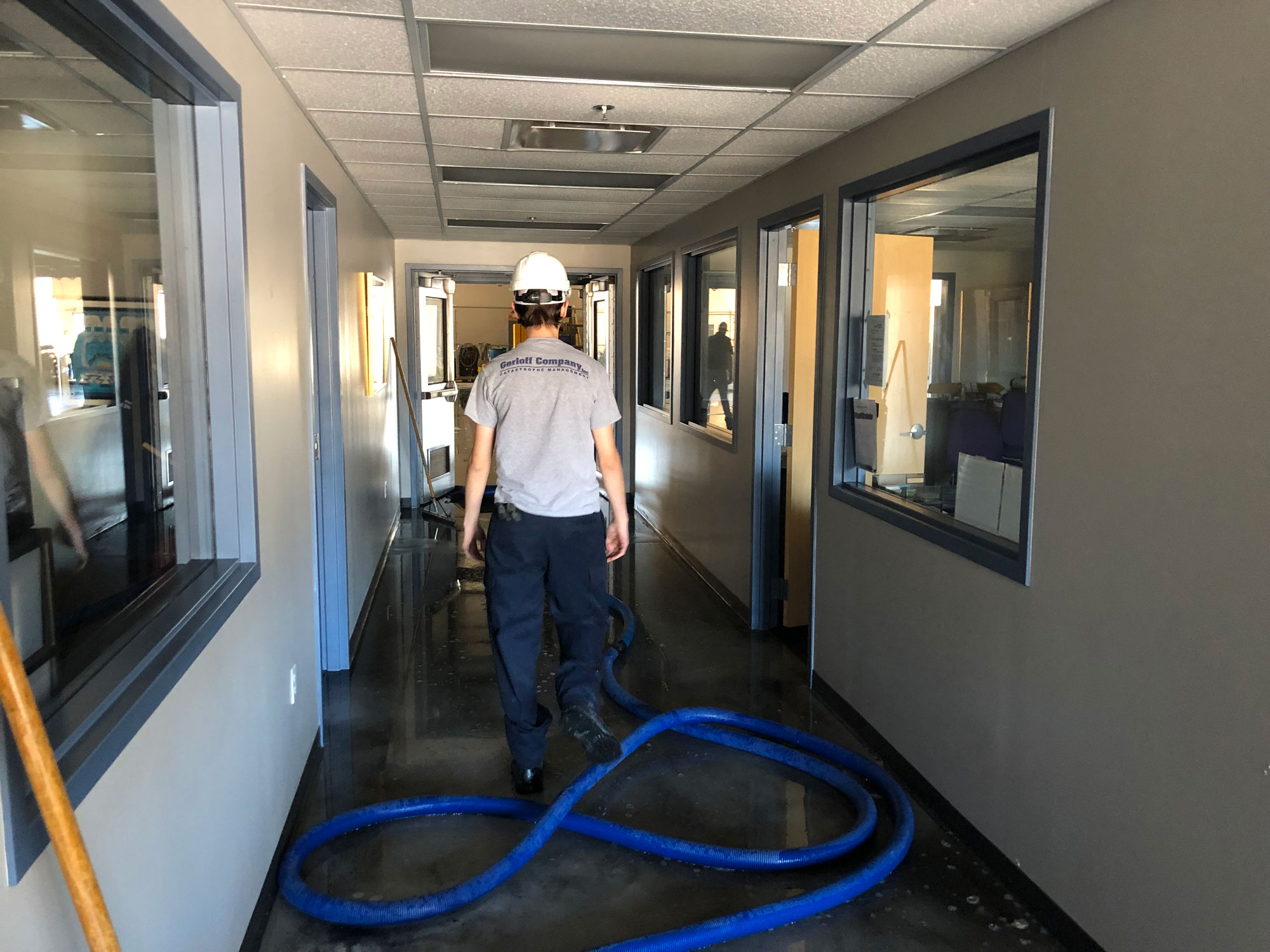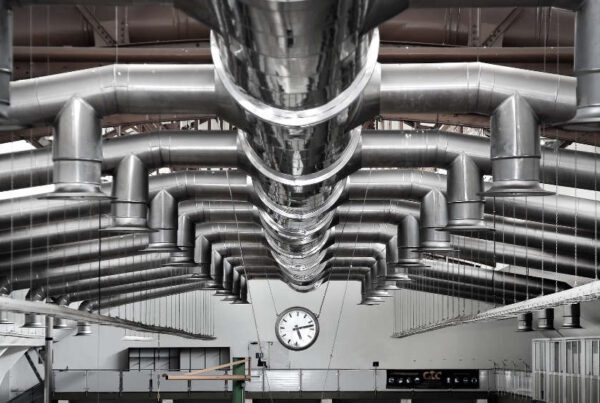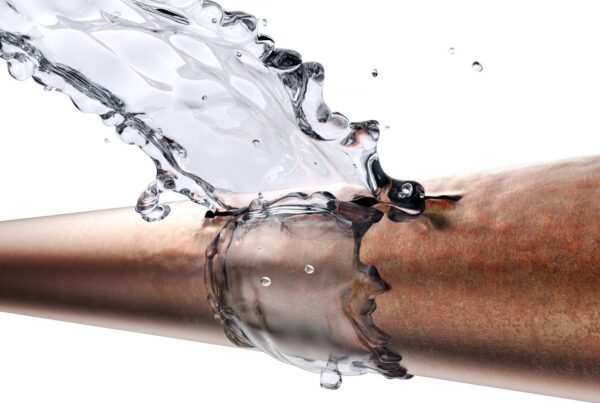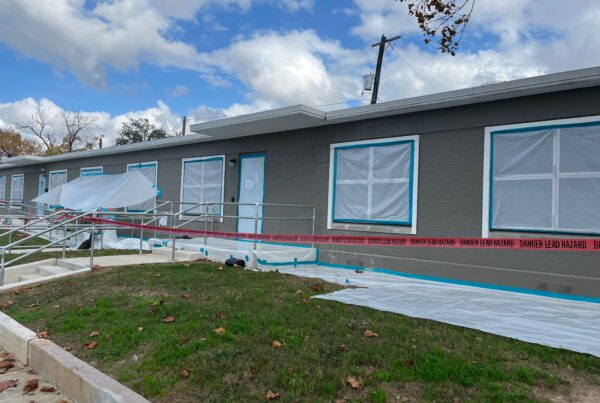Water Damage consistently ranks among the most common cause of insurance claims in the United States. Water damage can be caused by a variety of things such as: rising water, burst pipes, roof leaks toilet overflows, A/C leak or condensation, leaky hot water heater, appliance leaks or even wind driven rain. It is important to note that not every insurance policy covers rising water (flooding). In fact, statistics show that 43% of people mistakenly think property insurance covers flood damage.
Based on the most recent data be the insurance information institute, water damage and freezing are the second most common causes of property damage claims annually (wind and hail are the most common causes of property damage). Data also revealed that 1 in 60 insured homes filed a property damage claim due to water damage or freezing and the average cost of the claim was $12,514. The insurance information institute also found that water damage affects around 14,000 people in the United States every single day.
Water damage can be expensive to repair, but early detection and prevention measures can help… below are a few things that you can do to help prevent water damage:
- Pay attention to toilets, sinks and tubs. If you notice any issues with your toilet, call a licensed plumbing professional or run so simple DIY diagnostics. One simple thing you can do is drop some food coloring in your toilet tank and see if it makes its way into the bowl without flushing. Also pay attention to your supply lines to make sure there are not leaking or deteriorating.
- Check hoses, pipes, and faucets regularly. Inspect the visible parts of your plumbing system for drips and leaks. Rust-colored water, small puddles of water and noisy pipes could indicate that there is an issue.
- Inspect your roof. Look for missing, damaged, or aging shingles and make the necessary repairs.
- Watch for signs of water damage. Keep an eye out for any signs of water damage, such as standing water or water stains on walls and/or ceilings.
- Monitor your water bill. A major change in your bill could indicate an issue with your plumbing system or supply line. To confirm the presence of a leak, go a couple of hours without using water and take readings of your meter before and after this time. If the number changes, you likely have an issue.
- Schedule regular water heater inspections. Have a licensed plumber inspect your water heater regularly. It is also wise to have a licensed HVAC company inspect your air conditioner every spring.
- Protect your pipes for freezing. Make sure the temperature inside your property stays above 50 degrees Fahrenheit. This will help keep indoor pipes from freezing during cold weather. Also wrap any exposed pipe outside your home with insulation.
- Know the location of the main water shut-off valve. A damaged hose or burst pipe can send water racing into your property. Being able to shut off the main water supply will save stress, money, and time.
If you do experience water damage to your property, it is important to call upon an IICRC certified Restoration Contractor to help you mitigate and repair any damages. Until next time my friends, be prepared and stay safe.
Reference: “Water damage statistics and information (2024)” by Angela Bunt





